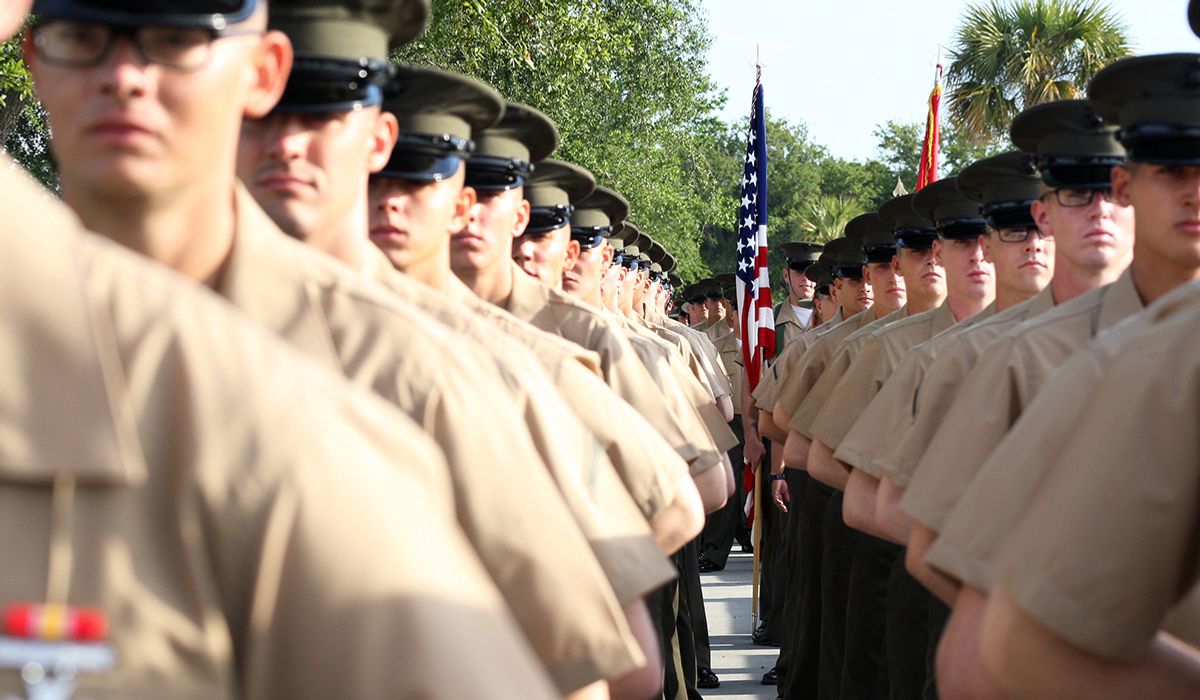
About 10% of 18- to 20-year-olds who had developed COVID-19 earlier in the pandemic later developed the virus again, according to a new study.
“Although antibodies induced by initial infection are largely protective, they do not guarantee effective SARS-CoV-2 neutralisation activity or immunity against subsequent infection,” the researchers wrote in their study, which was published Thursday by the British medical journal The Lancet Respiratory Medicine.
For the study, the researchers enrolled 3,249 participants, mostly male U.S. Marine recruits, between May and November 2020. Of those, 3,168 participants completed a supervised quarantine for two weeks.
After an unsupervised home quarantine, participants were enrolled for the study and assessed for COVID-19 upon arrival at a Marine-supervised 2-week quarantine facility. Participants who tested positive during quarantine were excluded from follow-up for the study.
The researchers, who hail from different organizations including Mount Sinai and the Naval Medical Research Center, followed up with participants for six weeks after quarantine, performing three COVID-19 tests at 2-week intervals.
Among 189 participants who previously tested positive (seropositive), 19 of them (10%) had at least one positive PCR test for SARS-CoV-2, the virus that causes COVID-19, during the 6-week follow-up.
About 48%, or 1,079 out of 2,247 participants who were not previously diagnosed with COVID-19 (seronegative), tested positive during the follow-up.
To be considered seronegative, participants had to have three negative coronavirus test results at the start of the supervised quarantine. These participants then went on to basic training at Marine Corps Recruit Depot, Parris Island in South Carolina.
“Rates of infection and the risk reduction provided by seropositivity are important for understanding transmission dynamics for COVID-19, for epidemiological modelling, and for estimating and achieving herd immunity levels—a major goal of mass vaccination strategies,” the study authors said. “Herd immunity is difficult to predict if the infection risk after natural and vaccine-induced immunity is unknown. Since SARS-CoV-2 vaccines might not provide sterile immunity, it is possible that both previously infected and vaccinated individuals might later become infected.”
